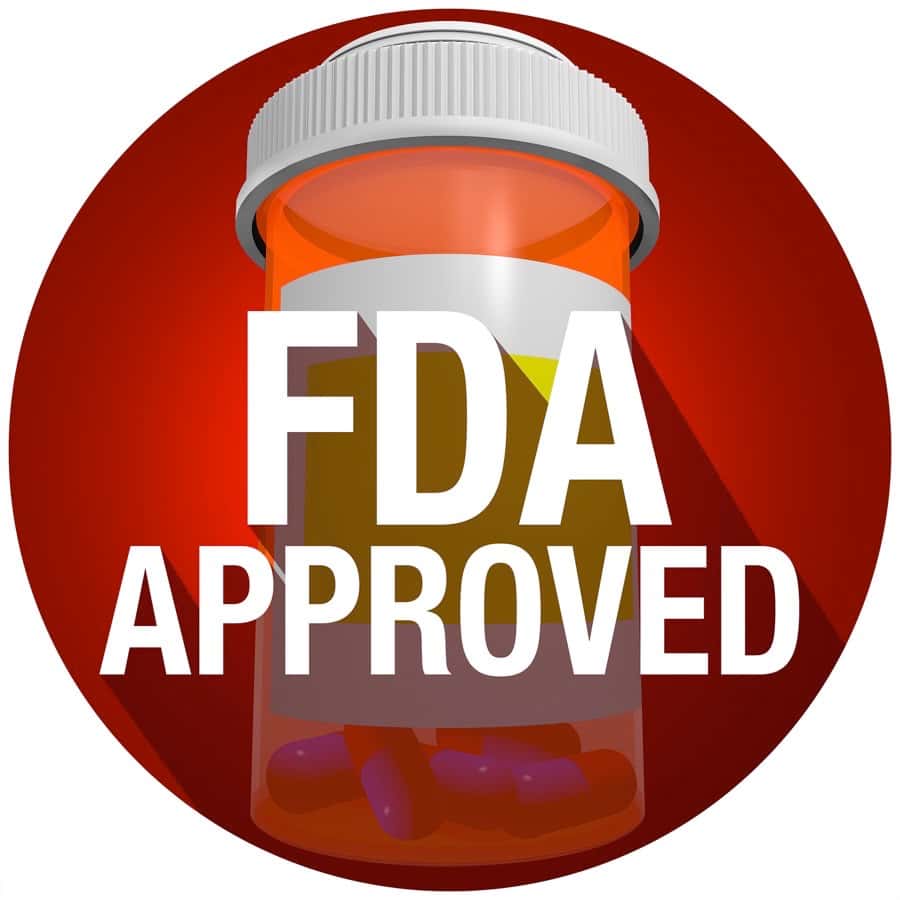
Everyone seems to want faster FDA drug approvals. Many doctors and patients believe that the latest medications are better and safer than older drugs. That may or may not be true, but drug companies have been exceptionally effective in convincing the Food and Drug Administration to move medications through the drug approval process faster than ever. That’s the conclusion of Harvard researchers writing in JAMA (Jan. 14, 2020).
The annual number of medications given the green light by the FDA has increased since 1983. However, changes in the rules mean that more drugs are being approved on the strength of just one clinical trial instead of two or more that used to be standard.
Between 1995 and 1997 the FDA relied on two “pivotal trials” 81% of the time. Twenty years later (between 2015 and 2017) the FDA required two randomized clinical trial only 53% of the time. In addition, more drugs are entering the market based on surrogate endpoints such as changes in lab values rather than clinical outcomes, like survival. Lowering the bar means faster FDA drug approvals, but it does not mean better or safer.
Why Surrogate End Points Leave a Lot to Be Desired!
This issue of surrogate end points may seem trivial, but we assure you that it is critical to your health. Here’s what we mean.
Drug companies rarely have to prove that their pills actually produce a desired outcome. All they have to show is that the medication moves the needle on some gauge or lab test.
These numbers are called surrogate endpoints. They are things like blood pressure, cholesterol or blood sugar. If you have hypertension, elevated cholesterol levels or diabetes, it is assumed that getting the numbers down is good enough. But the real aim is reducing the risk of kidney disease, strokes and heart attacks. The ultimate goal is a longer and healthier life. Surprisingly few drugs are proven to accomplish such goals.
Gambling with your Life?
Imagine going to a casino. If you want to play poker or roulette, you buy chips. Those chips are your surrogate money. If you win, you get to cash the chips back in for real money.
Any gambler would be outraged if the casino refused to trade the chips for cash at the end of a successful night. No casino would last long if it didn’t pay up.
Drug companies, though, get away without delivering on the eventual outcome because such studies are expensive and take a long time to complete. It is far easier just to prove that your pills lower cholesterol or blood sugar—and that is all that the FDA requires in many instances.
The Blood Sugar Bust:
A drug can lower blood sugar levels quite effectively. That does not mean it will prevent complications of diabetes or extend life. There are, in fact, examples of drugs that did just the opposite.
The diabetes medicine tolbutamide (Orinase) was tested in a randomized controlled trial called the University Group Diabetes Program (UDGP). The results were so alarming the study was stopped prematurely in 1969. That was because people getting the medicine were dying faster than those taking placebo. Ooops.
Faster FDA Drug Approvals for Cancer Must Be Good, Right?
Diabetes may not seem that scary these days since we have lots of medications to choose from. Some have even been shown to reduce the risk of heart attacks. Cancer is a different matter. It is often life threatening. People are anxious for newer and better anti-cancer medicines. How well has the FDA’s faster approval process worked against cancer? Here is a link to an article that digs into that very question:
FDA’s Accelerated Approval of Cancer Drugs A Big Bust:
Patients with hard-to-treat cancers are desperate for new and better cancer drugs. The FDA’s accelerated approval process is supposed to do that. Does it?
Who Funds the Faster FDA Drug Approvals?
FDA is now funded in part by the very industry it regulates. In 1993 the agency collected $29 million from drug companies. In 2018 that number had risen to $908 million. The goal from the industry was to facilitate faster approvals and their financial support has achieved that outcome.
Experts wonder whether accelerating approval means less attention on safety. As with the weight loss drug Belviq (see the latest update at this link), postmarketing safety surveillance can take a long time to reveal problems.
JAMA, Jan. 14, 2020
What do you think? Are faster FDA drug approvals a good thing or something to worry about? Please share your thoughts in the comment section below.
Citations
- Darrow, J. A., et al, "FDA Approval and Regulation of Pharmaceuticals, 1983-2018," JAMA, Jan. 14, 2020, doi:10.1001/jama.2019.20288
- Sharfstein, J. M., "Reform at the FDA—In Need of Reform," JAMA, Jan. 14, 2020, DOI: 10.1001/jama.2019.20538

